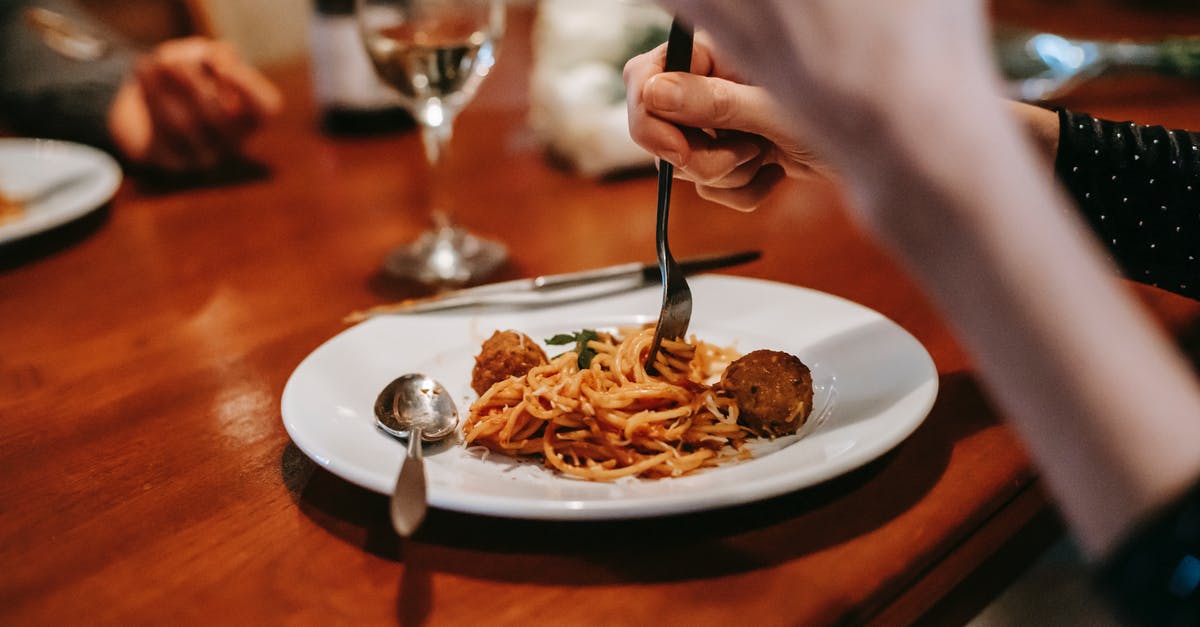Why is wine not a common ingredient in (meat) stock?

My inclination is to think that red wine would go well in a beef stock and white wine in the making of a chicken stock but I rarely, if ever, see it as an ingredient. Is there a common reason why wine shouldn't be used to help add to the flavor and acid of the final stock?
Best Answer
I can think of more than a few reasons...
Wine is (relatively) expensive. Stock is normally supposed to be very inexpensive to make, using ingredients that you'd normally just throw out (bones, necks, etc.) Frugality is not the only reason to make a stock, but it seems like a waste of perfectly good wine.
Stock gets to simmer for many, many hours. A lot of the wine and almost all of the alcohol will have evaporated by the time it's done. You can try to very precisely control the temperature to prevent any evaporation, but in my experience, even on the best of days, I have to keep topping it off with liquid. Again, waste of perfectly good wine.
Finished stock generally doesn't get used all at once, it will sit in a refrigerator for days or in a freezer for months. You can freeze wine, but it will leave sediment and crystals and, depending on the type of wine, might still develop off-flavours. It will definitely start developing off-flavours shortly after it's been thawed. On the whole, it seems like a great way to turn something that's almost impossible to screw up (stock) into something finicky and unreliable.
Adding wine directly to the stock is sort of like adding a lot of salt directly to the stock in the sense that it limits your future options. While I'm sure you could make a great velouté with wine-based stock, I think it would make a pretty lousy base for chicken noodle soup.
Wine and stock are both already liquids. Adding wine to the stock isn't really going to accomplish much that wouldn't be simpler and more efficient to do by mixing them together after the stock is made. And the two are pretty much interchangeable in any recipe calling for a "flavoured liquid" - in virtually any recipe calling for a cup of stock, you can substitute it for a cup of wine, or half a cup, or whatever. You're not eating the stock by itself; if you like the taste of wine in your stew or risotto or whatever it is that you're making, then just add wine!
The whole idea reminds me of garlic salt - pretty pointless thing to have, you can do exactly the same things and a lot more with just plain garlic powder and salt. Same thing here, I'd rather have good clear stock and a good bottle of wine separately than having both in the same container.
Pictures about "Why is wine not a common ingredient in (meat) stock?"



Do you put wine in stock?
Wine and stock are both already liquids. Adding wine to the stock isn't really going to accomplish much that wouldn't be simpler and more efficient to do by mixing them together after the stock is made.What does wine do to meat?
Wine is basically an acid ingredient (which helps tenderize the outside of the meat) and it has a lot of flavor. The wine-based marinade helps keep meat, poultry, or seafood moist while it cooks, too.What wine can be used as an ingredient in making stock?
Wine: White stock and chicken stock sometimes use white wine, and fish stock almost always does.Does wine break down meat?
This means that in a marinade, a cup of wine can dissolve all the flavor compounds to the meat more effectively than a water-based sauce would. Plus, like high heat or salt, alcohol breaks down proteins in meat, a process known as \u201cdenaturing.\u201d So the wine in your marinade helps tenderize the beef.How To Make Beef Stock | The Guide To Perfect Stock
More answers regarding why is wine not a common ingredient in (meat) stock?
Answer 2
That's a bit like asking why mint isn't a typical ingredient in a buttercream. If the flavor turns you on, there is no reason not to use it. However buttercream is buttercream, and stock is stock. If you'd like to give the stock (or buttercream) a different favor, that's why we use recipes.
Sources: Stack Exchange - This article follows the attribution requirements of Stack Exchange and is licensed under CC BY-SA 3.0.
Images: Andrea Piacquadio, Gary Barnes, Rachel Claire, Maria Bortolotto
